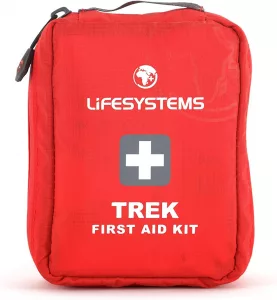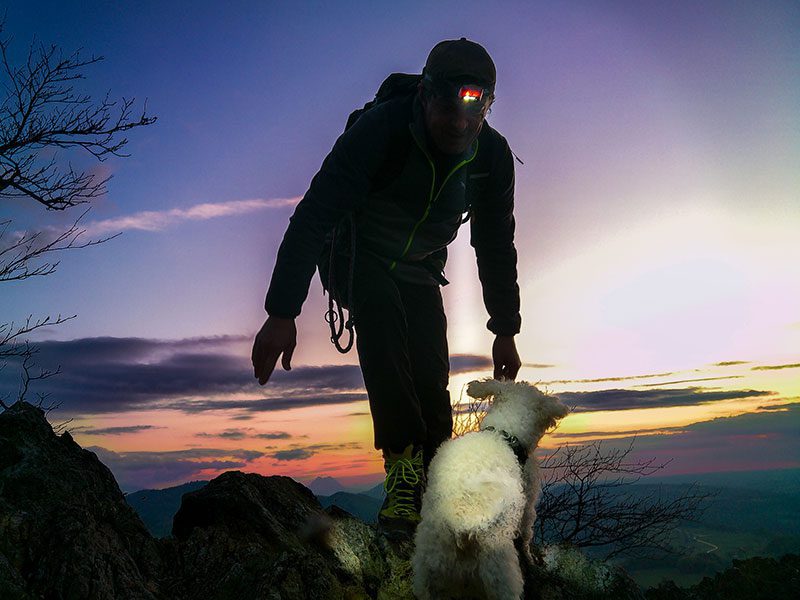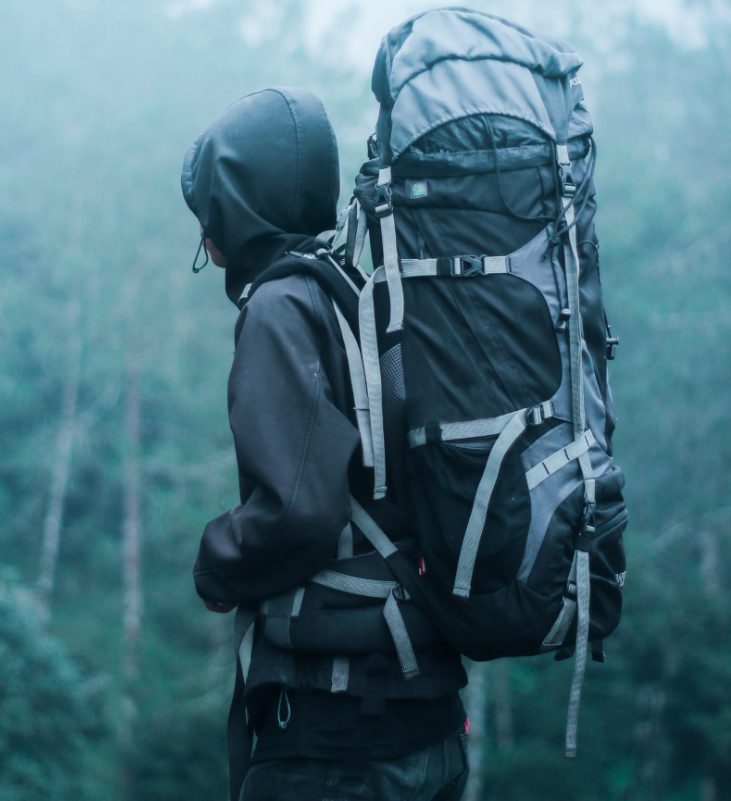
Essential First Aid Kit for Mountain Adventures
Introduction: When you venture into the breathtaking beauty of the mountains with your faithful hiking companion, whether it’s a human friend or a furry one, safety should always come first. One essential aspect of ensuring safety on any mountain trek is having a well-prepared first aid kit. In this guide, we’ll delve into the components of a comprehensive first aid kit tailored specifically for mountain adventures. From minor scrapes to more serious injuries, being equipped with the right supplies can make all the difference in handling emergencies effectively.
- Basics of First Aid Kits: Before we dive into the specifics, let’s cover the basics. A first aid kit serves as your lifeline in emergencies, providing immediate care until professional help can be reached. It should be compact, lightweight, and easily accessible in your backpack. Remember, prevention is key, but preparedness is paramount.
-
Essential First Aid Kit Components:
- Wound Care: Include adhesive bandages, sterile gauze pads, adhesive tape, antiseptic wipes, and antibiotic ointment for treating cuts, scrapes, and blisters.
- Medications: Pack pain relievers, antihistamines, anti-inflammatories, and any personal prescription medications. Don’t forget to include medication for your furry friend if hiking with a dog.
- Tools: Carry scissors, tweezers, safety pins, and a small mirror for assessing and managing injuries.
- Splints and Wraps: Include splints, elastic bandages, and triangular bandages for stabilizing fractures and sprains.
- Emergency Gear: Have a thermal blanket, whistle, flashlight with extra batteries, and a multi-tool knife for unexpected situations.
-
Special Considerations for Hiking with Dogs:
- Canine First Aid: Your furry companion deserves the same level of care. Include items such as paw protectors, styptic powder for nail bleeding, tick remover, and any specific medications prescribed by your vet.
- Dog-Specific Supplies: Don’t forget dog-specific items like collapsible water bowls, extra leash, and high-calorie snacks to keep your pup energized.
- Personalizing Your Kit: Tailor your first aid kit to your specific needs and medical conditions. Consider factors such as allergies, chronic illnesses, and the duration of your hike.
- Familiarize yourself with the contents of your kit and know how to use them effectively. Taking a basic first aid course can provide invaluable knowledge and confidence in emergency situations.
- Maintenance and Renewal:
- Regularly check and replenish supplies in your first aid kit, especially before embarking on a new adventure.
- Pay attention to expiration dates and replace any expired medications or supplies promptly.
Conclusion: A well-prepared first aid kit is an indispensable companion for any mountain enthusiast. By equipping yourself with the essential supplies and knowledge, you’re not only safeguarding your own well-being but also ensuring a safer and more enjoyable experience for you and your hiking companions.
Remember, it’s better to be over-prepared than under-equipped when exploring the wonders of the great outdoors.
Stay safe, stay prepared, and keep on trekking!

Kann man einen Hund überanstrengen? Preventing Dog Overexertion?
Hello and greetings from the Salzkammergut (Salzburg region, Austrian Alps) on the topic of 'Preventing Dog Overexertion.' Great that you are researching mountain tours and hikes with your furry friend…

Emergency Sleeping Bag Experiences: Stay Warm and Safe Outdoors with the HONYAO Survival Sleeping Bag
First of all: I (fortunately) have NO experience(s) with this or other emergency sleeping bags. However, I would never venture on a mountain tour without one - because an emergency…

Hiking First Aid Kit - Stay Prepared Outdoors with Lifesystems
The Hiking First Aid Kit by Lifesystems Trek is a compact and lightweight essential for all outdoor enthusiasts. With its high-quality CE approved contents and practical design, this kit ensures…







